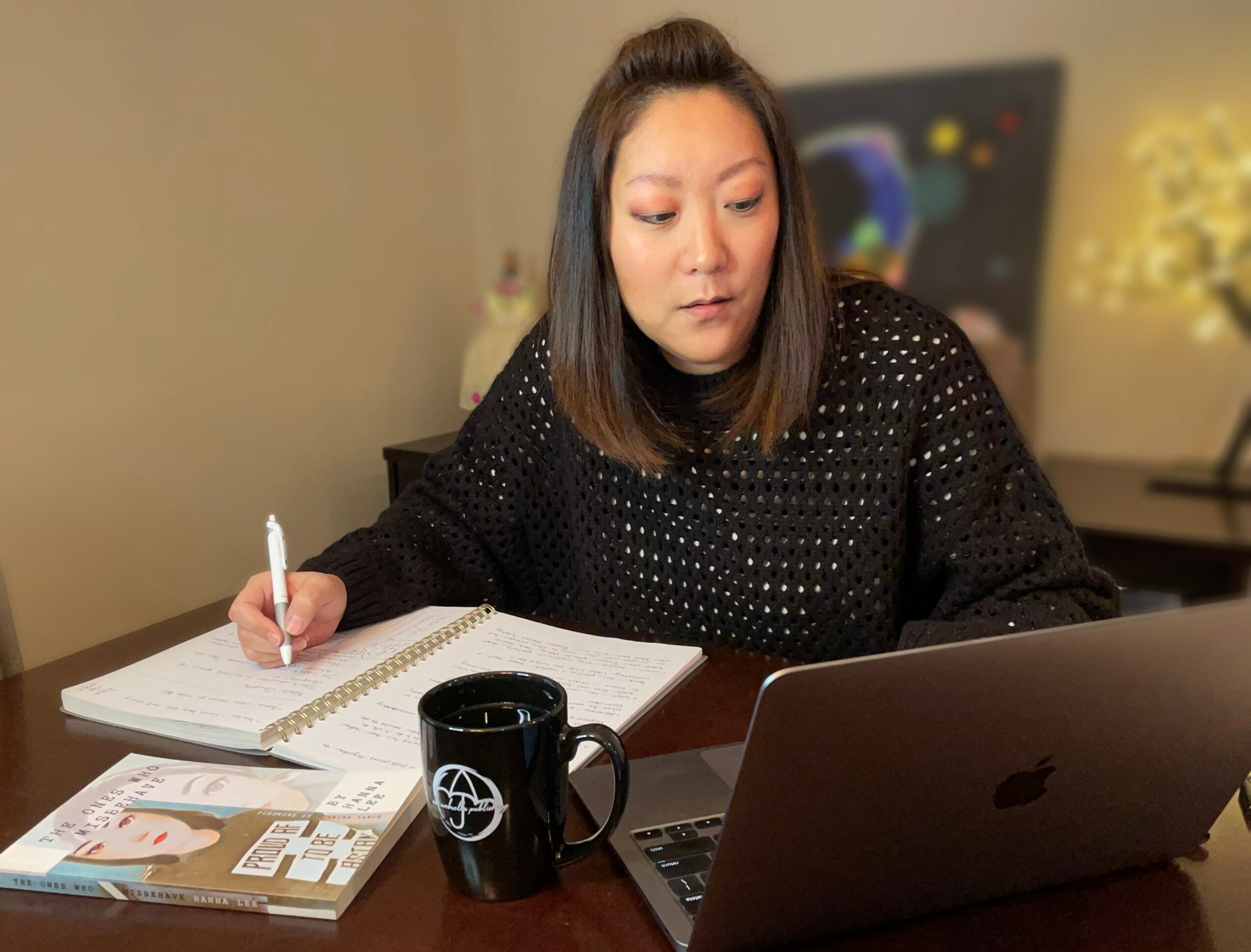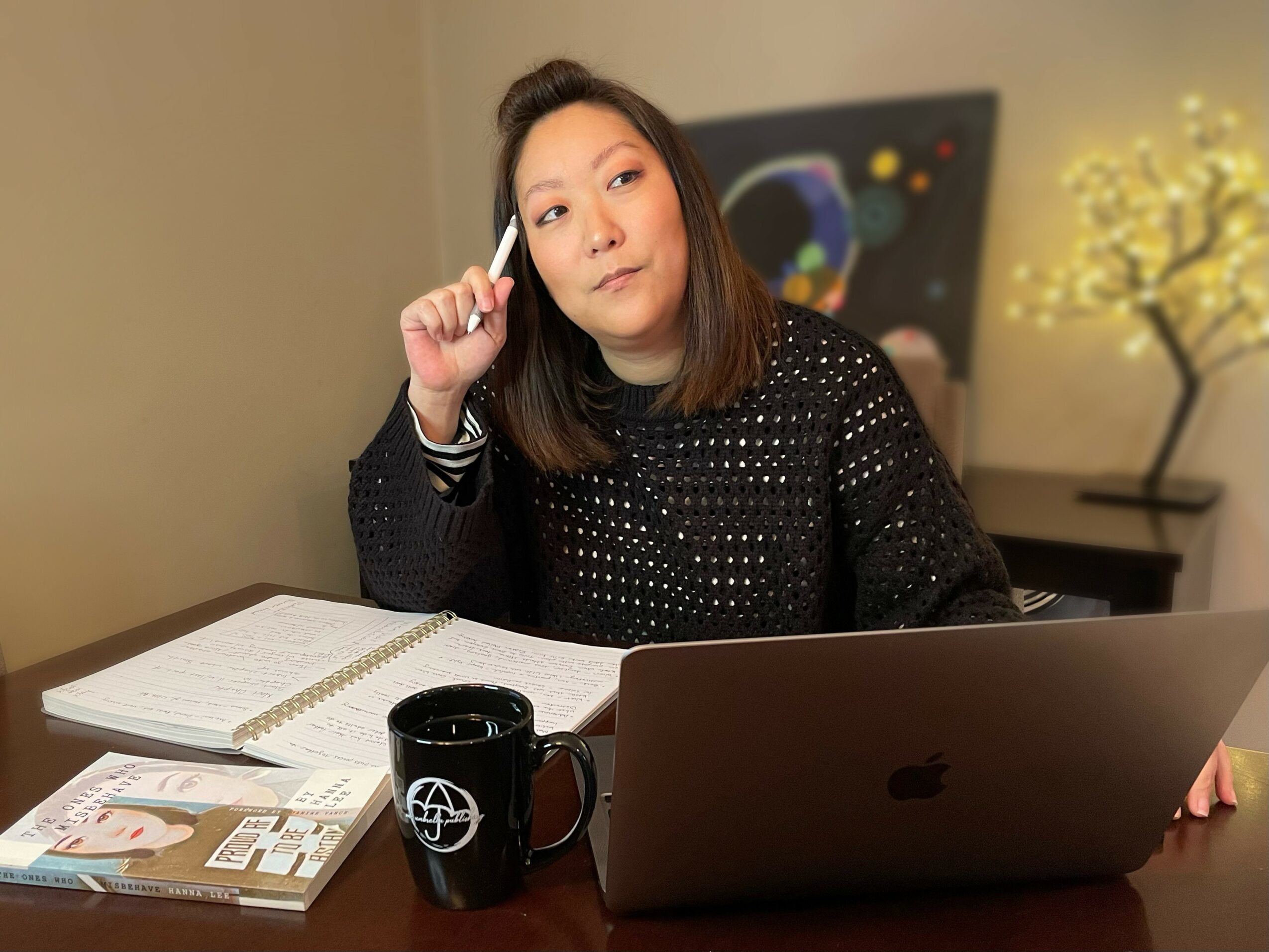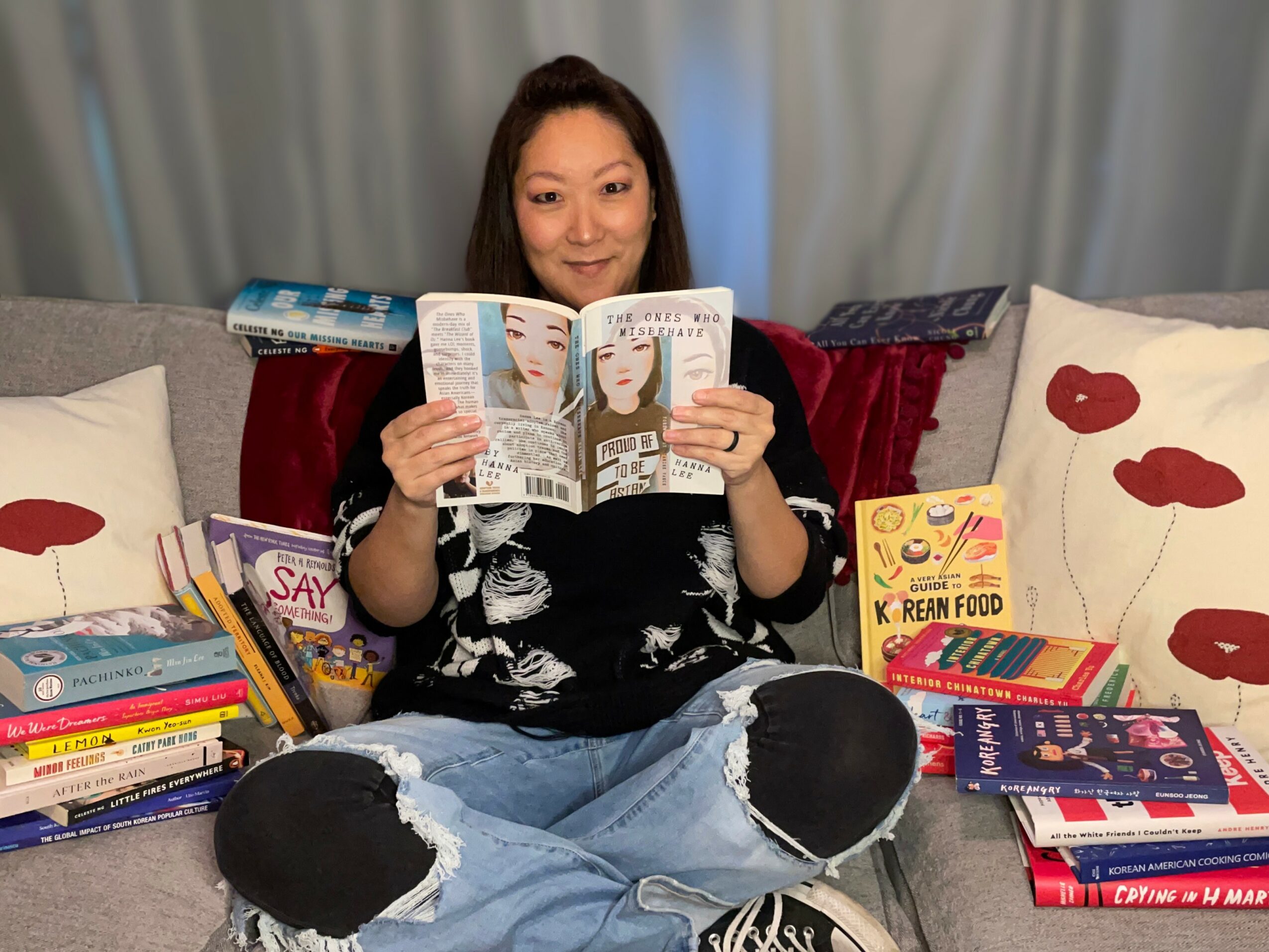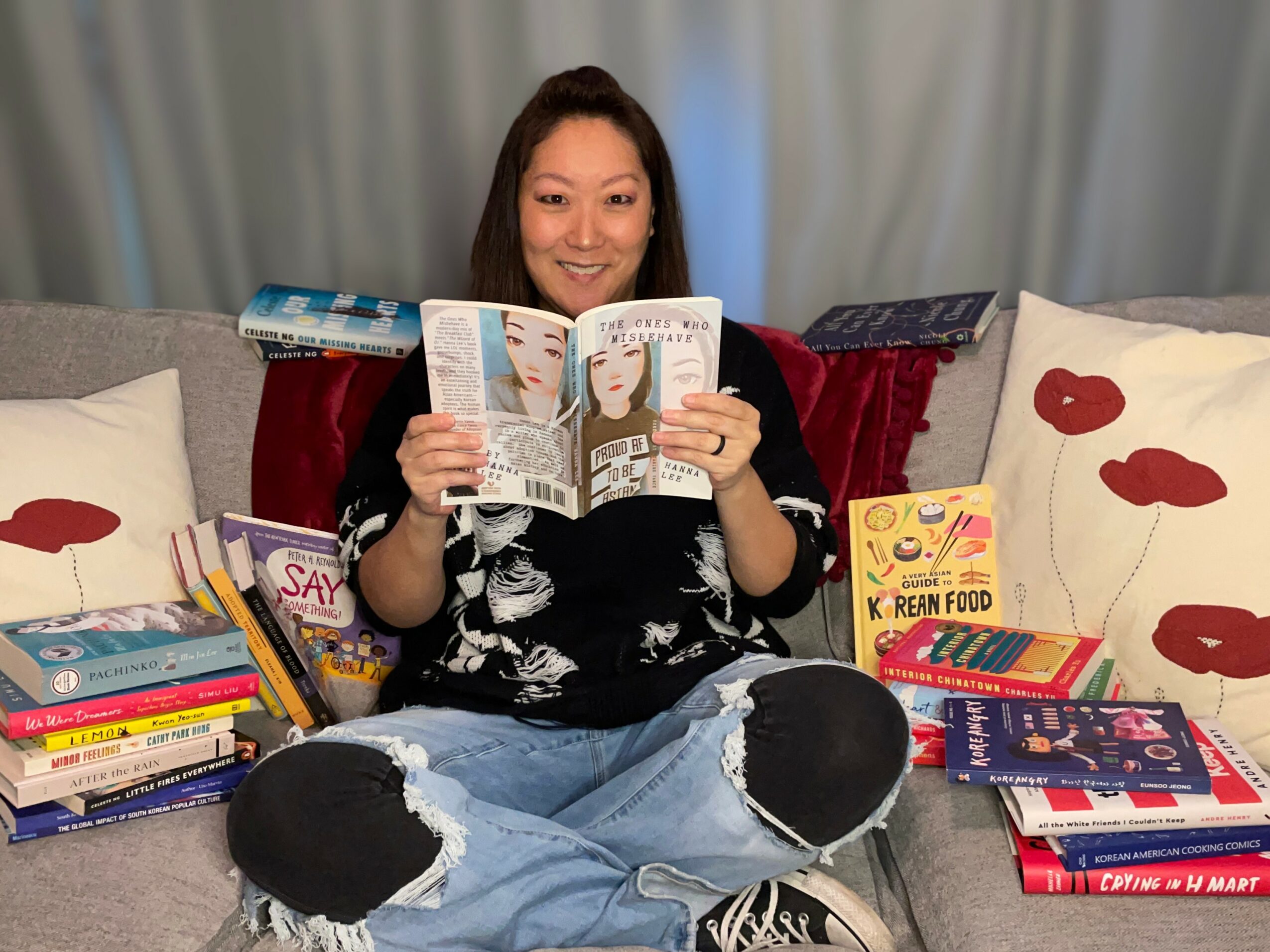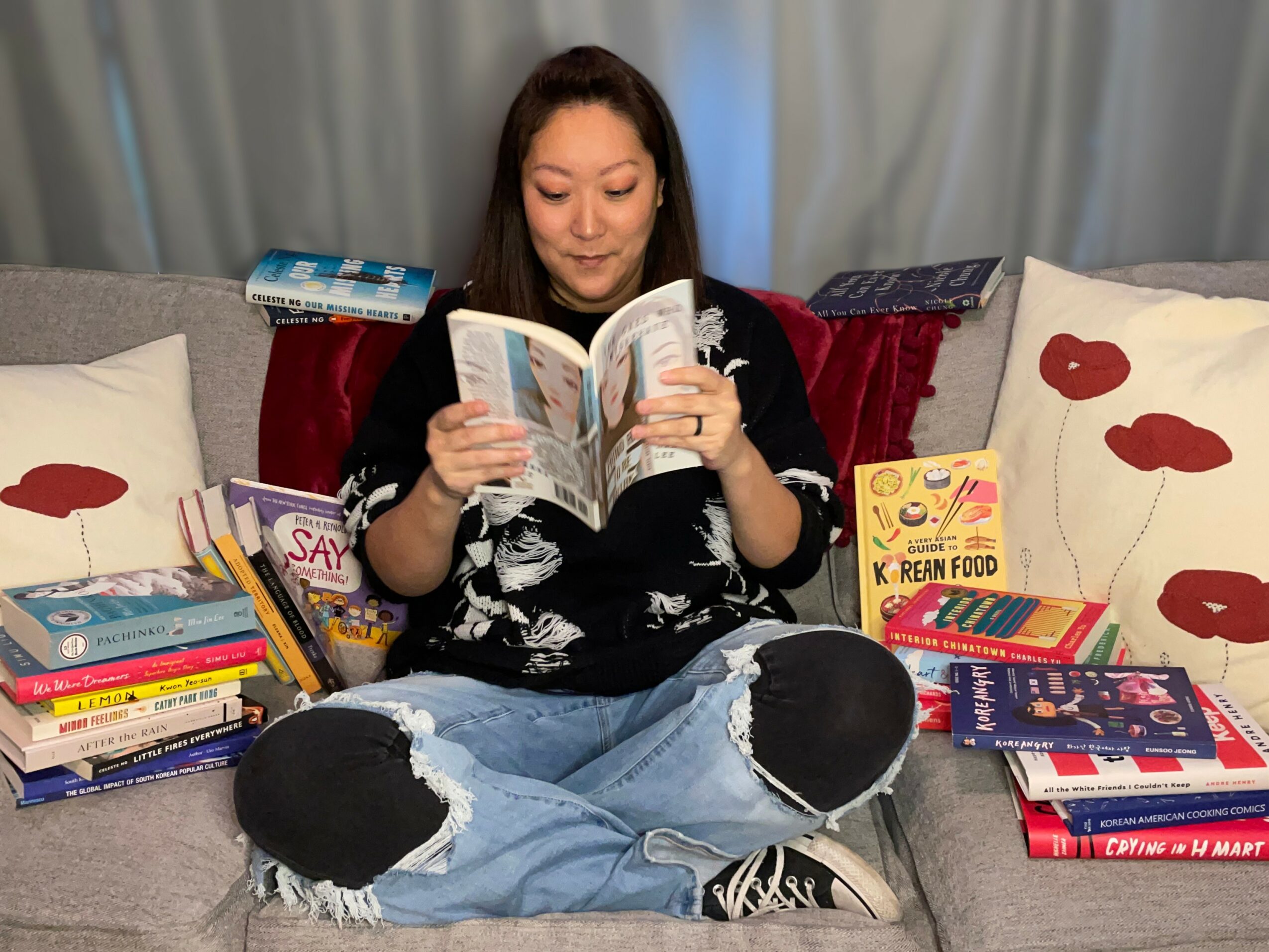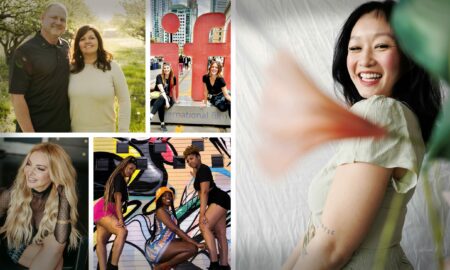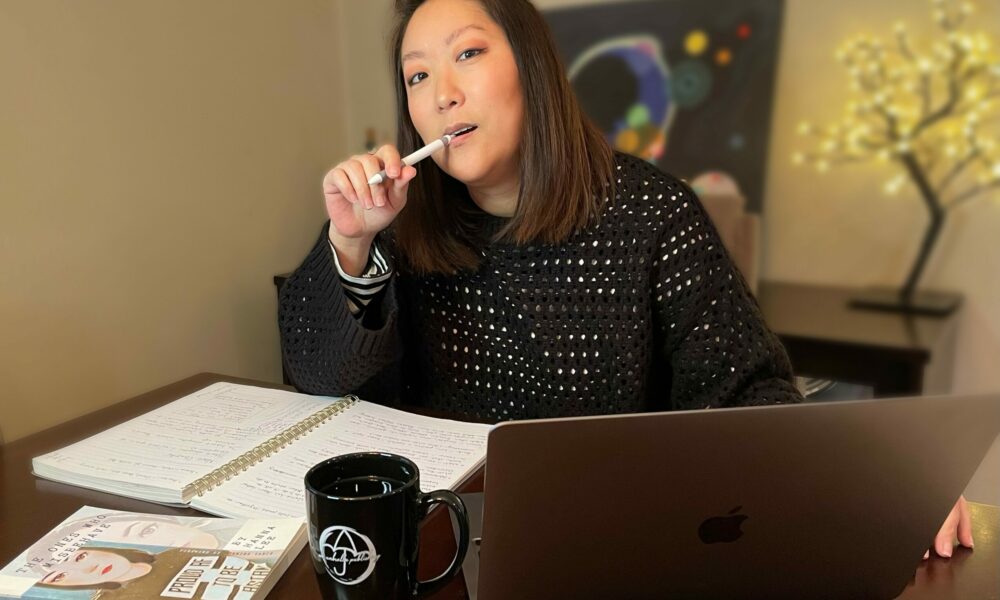

Today we’d like to introduce you to Hanna Lee.
Hi Hanna, so excited to have you with us today. What can you tell us about your story?
I am a transracial adoptee adopted from South Korea when I was four months old and raised in Topeka, KS. Being a transracial adoptee means I was raised by a family of a different race than my own, a white family. Growing up, I experienced racism that I had to internalize since the environment I was surrounded by was predominantly white people. Fast forward to 2020, when covid was in full swing and our disturbingly racist president, at that time, was deciding to point all the blame toward China. Inviting others to join in on his xenophobia and hating everyone who appeared even remotely Asian. Choice phrases like “Kung flu” and “China virus” quickly spread the message that it was ‘open season on Asians.’ As story after story about the rise in anti-Asian hate crimes came out, I became triggered by all the past trauma I’d fought so hard to ignore. It was as if I’d woken up and suddenly realized I was not white. I’m Asian, and I can’t hide that I look Asian even though everyone treats me like I’m white. I’m terrified and have no one who understands. And that realization changed me forever. I started looking to connect with other people who looked like me. I started flying nationwide, attending anti-Asian hate rallies, and meeting incredible fighters marching in the streets. I started connecting with other Asian adoptees who felt isolated, alone, and terrified through social media.
But most importantly, I processed everything I was going through and experiencing by writing a book. I had to find a way to get out some of what I was dealing with inside, and the only way I knew how to express it was to write. At first, it felt like I was only writing for myself, but it somehow turned into my first fiction novel. In it, I talk about some of the ways Asians experience racism and the danger behind harmful stereotypes. I also dive into the trauma adoptees experience, especially regarding how racism is coped with in the home. Often, transracial adoptees experience racism directly from their family members, which can leave us feeling ashamed and isolated. I’ve been so pleased to see how people are responding to it. Many are Asian adoptees who feel like their own anger and fear were validated through reading it. It’s connected me with many wonderful, creative, and inspiring people. It has been a great way to give a glimpse to those outside the Asian or adoptee communities into the reality of our lived experiences. My hope in everything I do, writing or otherwise, is to try and create meaningful change to broaden awareness. I hope, in some small way, I can do that.
Alright, let’s dig a little deeper into the story – has it been an easy path overall, and if not, what challenges have you had to overcome?
It’s been a challenging journey for me. My entire world was practically smashed to pieces when I started having to fear for my safety while Asians were being attacked daily. I had to cope with a lot of resurfacing trauma from my own past experiences with racism as well as discover that no one around me could understand what it felt like to be Asian during that time. Many people had to exit my life while I was discovering myself and trying to heal deep wounds. I felt so alone that I was jumping on planes every day to go to an anti-Asian hate rally during a global pandemic every week. I was also learning and understanding adoption trauma and that most of what I’d been told my entire life was a lie. It was a thought my entire life suddenly blew up, and the only thing to do was start putting some of the tiny pieces back together. Right now, I feel like I’ve built a good foundation to start from, but it’s still a work in progress.
As you know, we’re big fans of you and your work. What can you tell our readers who might need to be more familiar with what you do?
I’m a writer and author. I write stories with the star character being someone like me, a Korean adoptee because I’ve never seen this person represented before. Me growing up, there were hardly any leading Asian women at all. These days, it’s better, but I still wanted to push a little further and see someone who was someone like me. My first novel was a work of fiction called, The Ones Who Misbehave. It follows a transracial Korean adoptee who is in a residential recovery center. I wrote this book to bring awareness about adoption trauma and the ongoing mental health struggles it causes. I’m obsessed with true crime and would like to know if I can write an entertaining story pointing out blatant systemic issues. My second book will be coming out soon, was my take on a sort of mystery, suspense fiction story with tones of white privilege and murder. And I will sell both books at Cafe Caphe’s upcoming AAPI month celebration in May.
Are any books, apps, podcasts, or blogs that help you do your best?
I’m a huge true crime fan, so I religiously listen to My Favorite Murder and Badlands podcasts. I also listen to Dear Asian Americans, The Janchi Show, Adopting Wellness Podcast, and Archetypes. I listen to many audiobooks on Audible and recently finished Celeste Ng’s new book, Our Missing Hearts, which is beautiful and felt a little too real to be a work of fiction. Highly recommend. Lastly, I am completely reliant on the Calm app. I use it for soundscapes that I listen to when writing. It’s amazing and worth the subscription price.
Contact Info:
- Website: thehannaleewrites.com
- Instagram: @thehannalee
- Linkedin: Hanna Lee
